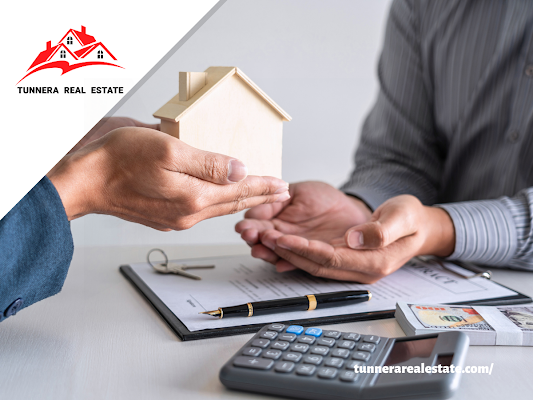The Rise of Sustainable Real Estate Development

Sustainable real estate development is becoming increasingly important in the industry as concerns over climate change and environmental degradation continue to grow. In this blog post, we will explore the rise of sustainable development, its practices, benefits, strategies, and challenges, as well as its impact on the industry.
Sustainable Real Estate Development Practices
Sustainable real estate development involves several practices that promote environmental sustainability, including the use of green building materials, energy efficiency, water conservation, sustainable land use, waste reduction and recycling, and indoor environmental quality. These practices help to reduce the carbon footprint of buildings, conserve natural resources, and improve the health and well-being of occupants.
Benefits of Sustainable Development
Sustainable real estate development has numerous benefits, including environmental, social, and economic benefits. For example, it helps to reduce greenhouse gas emissions, improves air and water quality, and enhances biodiversity. It also creates healthier and more comfortable living and working spaces and promotes social equity. From an economic perspective, sustainable development can reduce operating costs, increase property values, and attract tenants and investors.
Sustainable Development Strategies
To implement sustainable real estate development practices, developers and building owners need to adopt specific strategies. These include selecting the right location and site, designing and constructing buildings that are energy-efficient and resource-conserving, maintaining and operating buildings sustainably, and retrofitting existing buildings to improve their sustainability performance.
Sustainable Development Regulations
Sustainable development is regulated through international, national, and local regulations, as well as green building certifications. These regulations and certifications set standards for environmental sustainability and encourage the adoption of sustainable practices in development.
Future of Sustainable Real Estate Development
The future of sustainable real estate development is promising, with advances in technology, policy changes, and consumer demand driving its growth. Professionals must continue to innovate and adopt sustainable practices to meet the increasing demand for environmentally sustainable buildings.
Impact of Sustainable Development on the Real Estate Industry
Sustainable development has significant impacts on the real estate industry, including an increase in property value, tenant retention, lower operating costs, and improved reputation.
Role of Real Estate Professionals in Sustainable Real Estate Development
Real estate professionals, including developers, architects, engineers, contractors, property managers, and agents, have a critical role to play in promoting sustainable development. By adopting sustainable practices, they can help to drive the growth of environmentally sustainable buildings and contribute to a more sustainable future.
In Summary
Sustainable real estate development is rapidly becoming the norm in the industry. It offers numerous benefits, from environmental to economic and social, and has the potential to transform the way we build and manage buildings. By adopting sustainable practices, professionals can drive the growth of sustainable development and contribute to a more sustainable future.


